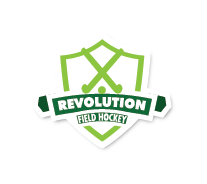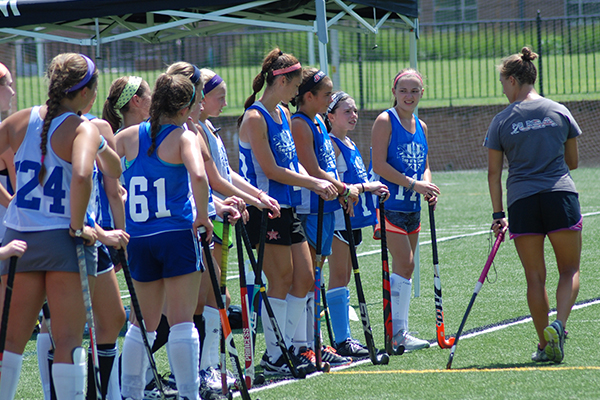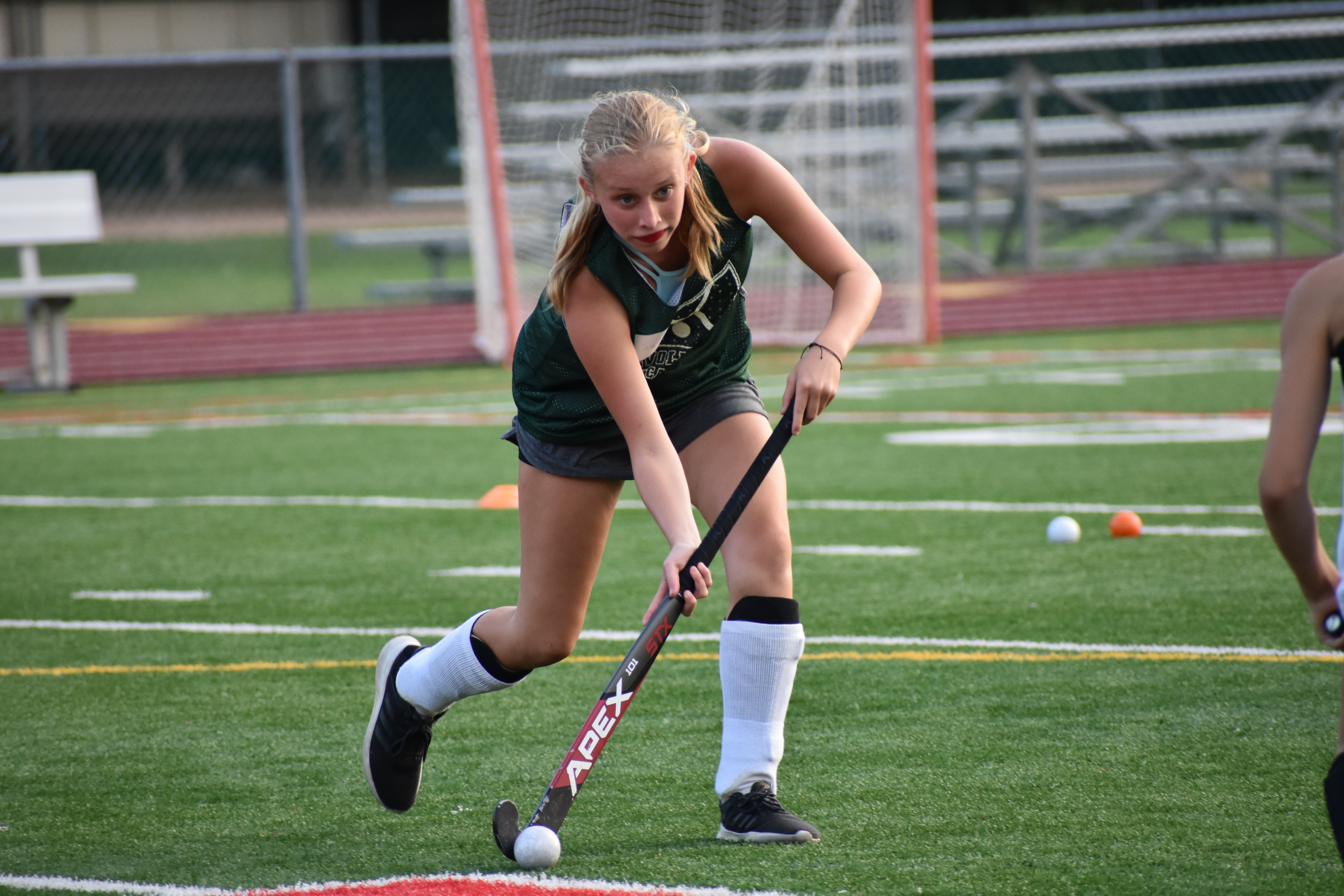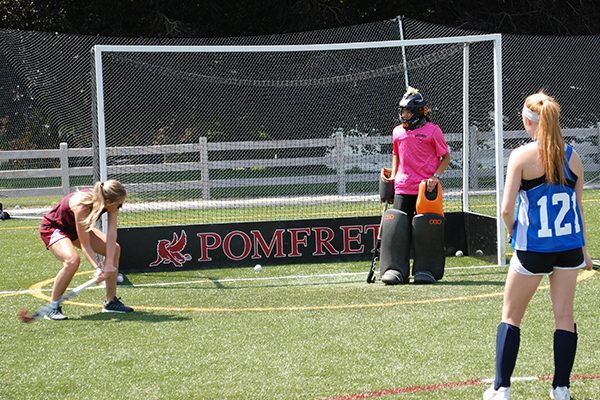Understanding Field Hockey
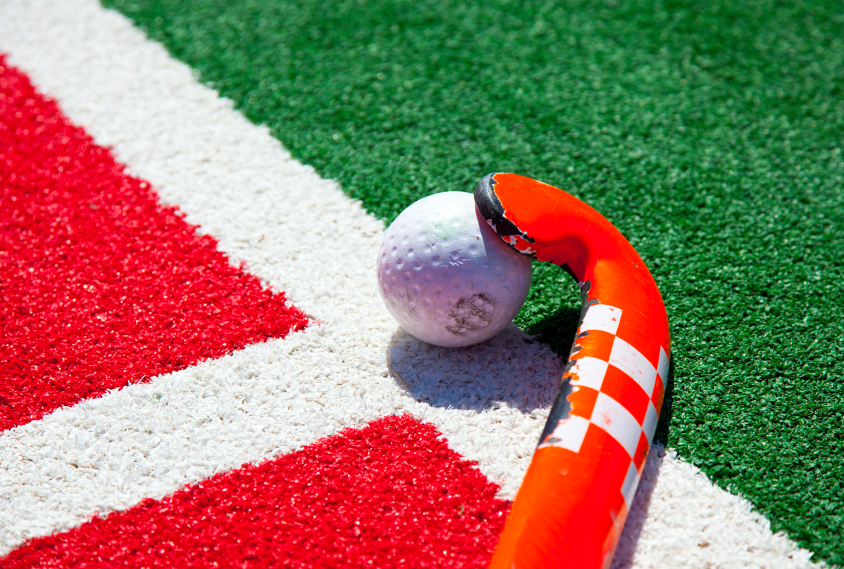
In Part 1 of this blog, we answered the big question: What is field hockey? Part 2 will focus more on all those weird words you might hear field hockey fanatics use. If you want to sound like you know what you are talking about, then you have to understand the different lingo and slang.
Field Hockey Gear and Field Terms
The first thing you might do when you start learning about field hockey is look at the equipment. What is all that stuff and what do you call it if you want to sound like you know something about field hockey? You have to know what the gear is, but first we should tackle some basic terms.
Basic Field Hockey Terminology
- Field hockey: You might think that this is too obvious a term. And it is. It is only listed in order to point out that you might also hear it referred to as hockey. Just make sure if you hear people talking about hockey, you find out if it is ice or field before joining in.
- The ball: Ice hockey uses a puck. This is not ice hockey. Do not refer to the ball as a puck because it will point you out as a secret ice hockey fan and expose you as a field hockey newbie.
- The stick: This is what you call that giant stick you carry around. It is pretty self-explanatory. One thing that should be pointed out, though, is that goalies have a special stick called a goalie stick.
- The pitch: The field of play can be called a field, so don’t be intimidated to just call it what it is. However, you might also hear it referred to as a pitch. So keep that in mind.
- Goal cage: The goal, or goal cage, is the actual thing you are trying to keep the ball out of (on your side) or get the ball in (the other team’s side.)
Field Hockey Gear Terms
- Helmet with a full cage: You probably already know what a helmet is (that thing you put on your head), but maybe you have never heard of a full cage. It’s that face protecting thing that is on the front of the helmet – that covers the face – and kind of looks like a cage.
- Throat protector: This looks almost like a really thick choker or a priest’s collar. They have a lot of padding though and are worn by a goalie in order to, as the name suggests, protect the throat.
- Goalkeeper girdle and hot pants: Girdles and hot pants might not seem like sporty terms, but in this case they are. Goalies wear them in order to be better protected when they are using their body to block the goal.
- Blocker: This kind of looks like a snorkeling fin, but you wear it on your hand. You use it to block the ball from going in the glove. See? A lot of these terms are pretty straight on.
- Kickers: These are paddings worn over the shoes. That way, when you need to kick, you can do so without hurting yourself.
Remember, this is a list of definitions, not a list of necessary gear. Some things, like cleats, do not need to be defined but do need to be worn. Do not think of this as a shopping list for field hockey gear.
General Field Hockey Terms
These are some basic terms that apply to the game of field hockey.
- Bully: When there is a natural stop to play, someone from each team will take part in a bully in order to get the ball back into play. The players will tap their sticks three times, alternating between the ground and their opponent’s stick. Then they will go for the ball.
- Dangerous play: Play that could cause injury.
- Dribble. Different from dribbling in basketball, this refers to running while controlling the ball with the stick.
- Flick: Move the stick to lift the ball off of the ground.
- Obstruction: Shielding the ball from another player with your body or your stick. This is a foul.
- Push: This is another self-defining term. You push the ball with your stick when you move it along the ground with a pushing motion.
- Scoop: When you place the head of the stick under the ball and shovel it forward by lifting it in the air, you are scooping.
- Time wasting: Anything that wastes time, causing play to be unable to start quickly.
Offensive Terms
When you are playing offense, there are a lot of terms you might hear thrown around, so you’ll want to know what people are talking about.
- Attacker: This is a forward player that tries to score a lot of goals.
- Assist: The play or two before a goal that helped lead to scoring the goal.
- Striker: Also called a center forward. This player covers the middle of the offensive area. They also take shots on goal.
- Hat trick: When a player scores three goals in a single game, they just got a hat trick.
- Give–and-go: An offensive tactic that occurs when an offensive player passes the ball to another player who passes it right back to the first player.
Defensive Terms
When you are on defense, there are different terms you might hear. Even if you play only offense or only defense, you need to know what all of the terms mean.
- Defender: A player whose job is to stop the other team from scoring goals.
- Channel: A tactic used on the defense that forces the other team towards the sidelines and away from the goal.
- Closing down: Another defensive tactic. This one occurs when you force the opponent into a position that makes it easier to steal the ball.
- Cover: This defensive tactic occurs when a defender protects the goal by sticking to an opponent. Think of it a little as one-on-one coverage.
How To Start Playing Field Hockey
This article discussed some of the terms you might hear when you start hanging out with field hockey players or play yourself. Now that you know the rules, the positions, and you can talk some of the talk, you are on your way to being a field hockey player. If you’re wondering how to get started, here are a few ideas.
- Sign up for camp: Field hockey camp is a great way to learn the important fundamentals in the sport by expert coaches, while also building friendship and teamwork skills.
- Do solo drills: Start doing field hockey drills to improve your skill level. Start with beginner drills and work your way up to more specialized drills, such as ball handling drills.
Study the game: You can learn a lot by studying the game. We offer field hockey tips and a large virtual library packed with information designed to make you a better overall player.
